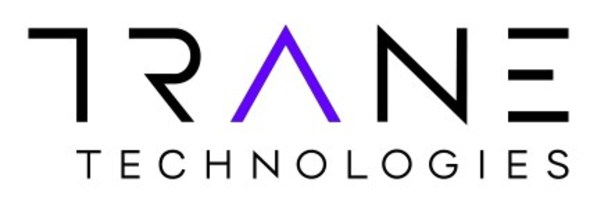The recognition is based on Tencent Cloud's Completeness of Vision and Ability to Execute
HONG KONG, Oct. 17, 2023 /PRNewswire/ -- Tencent Cloud, the cloud business of global technology company Tencent, today announced its recognition as a Challenger in the 2023 Gartner® Magic Quadrant™ for Container Management for the first time.
According to Gartner, by 2026, the adoption of CSP-native platforms will propel 75% of container instances to be deployed within public cloud environments, up from 50% in 2023. Gartner defines container management as offerings that enable the deployment and operation of containerized workloads, with delivery methods including cloud, managed service and software. Also, container management is a foundation for cloud-native infrastructure and helps enterprises to automate the provisioning, operation and life cycle management of container images at scale.
In terms of high performance and elasticity of infrastructure, Tencent Cloud Container Service TKE is outstanding. TKE clusters support up to 5,000 nodes by default.
As of cost management functions, Tencent Cloud Container Service TKE launched the cloud native cost analysis and optimization tool TKE Insight, which can help users visualize, analyze, optimize and manage workloads, improve resource utilization, and reduce TKE cluster costs. In addition, Crane, the Kubernetes open-source cost management tool developed by Tencent Cloud, has been certified by the Finops Foundation. Crane can predict the elasticity ratio based on user business and historical load fluctuations, and respond in advance before the real business peak arrives, achieving intelligent predictive elasticity.
Combined with the high performance, elasticity and cost management capabilities of Tencent Cloud Container Service TKE, as well as various features, enterprises can make full use of Tencent Cloud to reduce costs and increase efficiency for their own business.
Tencent Cloud is one of the earliest cloud vendors to lay out cloud-native businesses and now possesses a complete cloud-native technology and product system, covering five areas: software development processes, computing resources, architectural frameworks, data storage and processing, and security. Backed by these cloud-native products, Tencent Cloud successfully completed major migration of its services to cloud, moving workloads that consume 50 million cores to its cloud. Its cloud-native products have also served hundreds of thousands of customers worldwide, covering e-commerce, games, education, finance, government, enterprises and other sectors.
Gartner, Magic Quadrant for Container Management, Dennis Smith, Wataru Katsurashima, Michael Warrilow, Tony Iams, Richard Watson, 20 September 2023
Gartner does not endorse any vendor, product or service depicted in its research publications and does not advise technology users to select only those vendors with the highest ratings or other designation. Gartner research publications consist of the opinions of Gartner's research organization and should not be construed as statements of fact. Gartner disclaims all warranties, expressed or implied, with respect to this research, including any warranties of merchantability or fitness for a particular purpose.
GARTNER is a registered trademark and service mark of Gartner and Magic Quadrant is a registered trademark of Gartner, Inc. and/or its affiliates in the U.S. and internationally and are used herein with permission. All rights reserved.
About Tencent Cloud
Tencent Cloud, one of the world's leading cloud companies, is committed to creating innovative solutions to resolve real-world issues and enabling digital transformation for smart industries. Through our extensive global infrastructure, Tencent Cloud provides businesses across the globe with stable and secure industry-leading cloud products and services, leveraging technological advancements such as cloud computing, Big Data analytics, AI, IoT and network security. It is our constant mission to meet the needs of industries across the board, including the fields of gaming, media and entertainment, finance, healthcare, property, retail, travel, and transportation.









